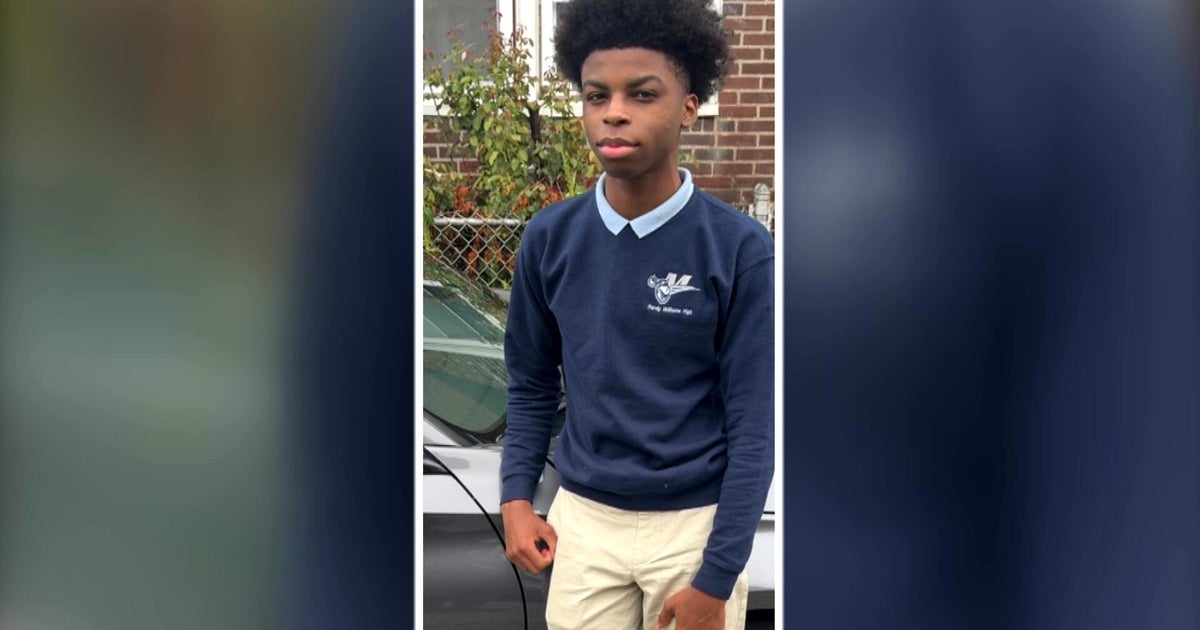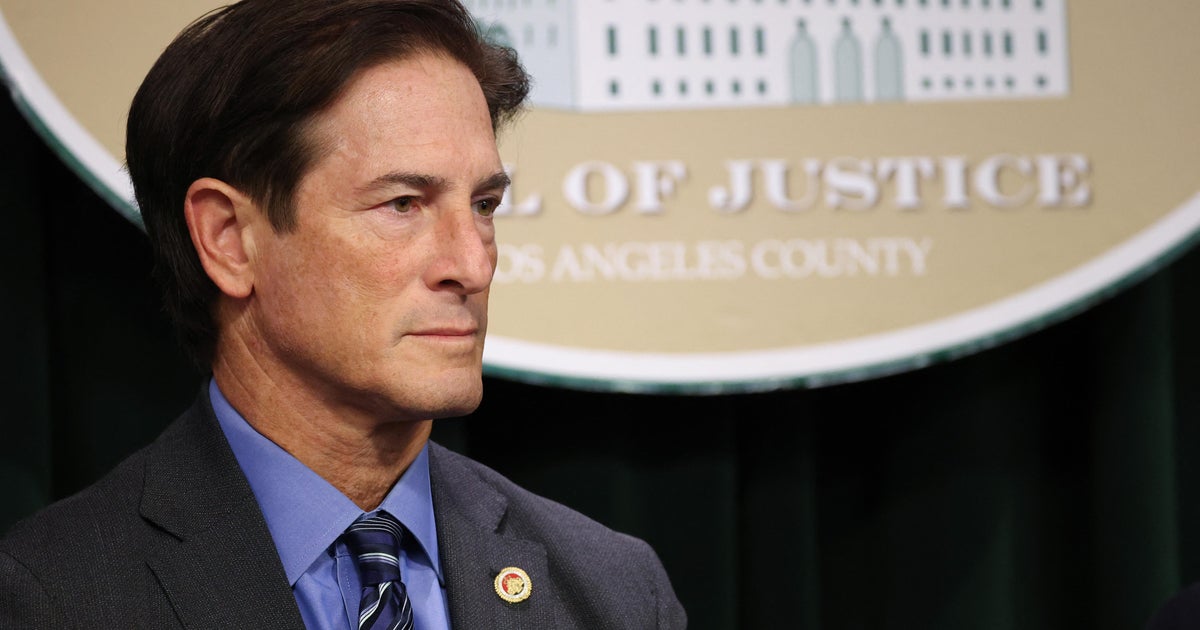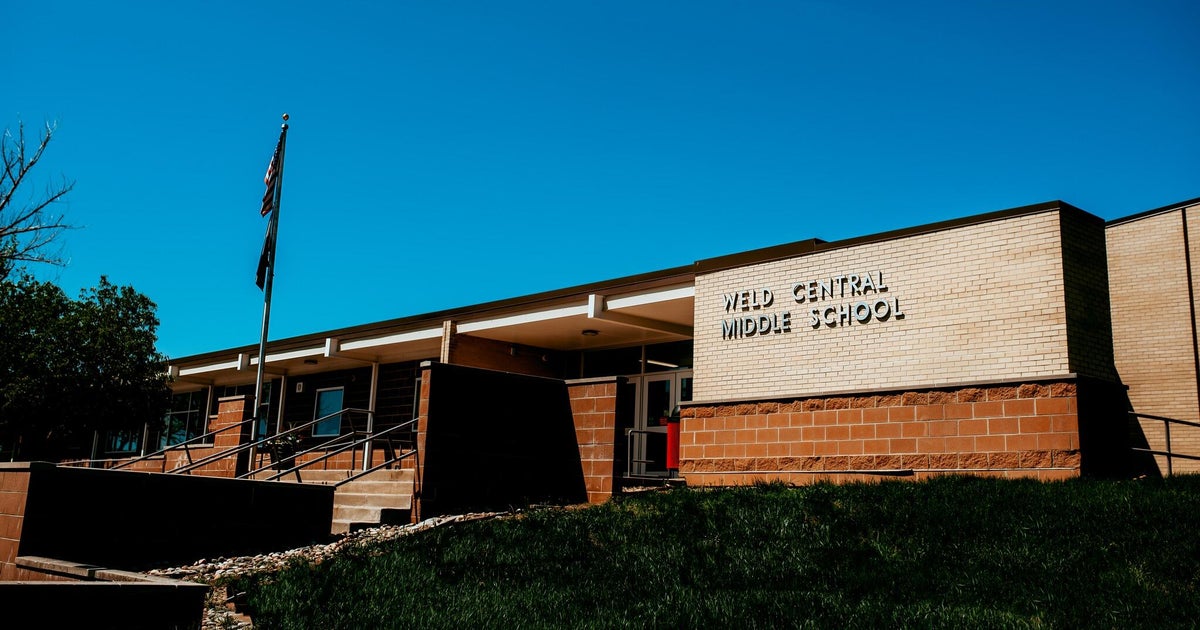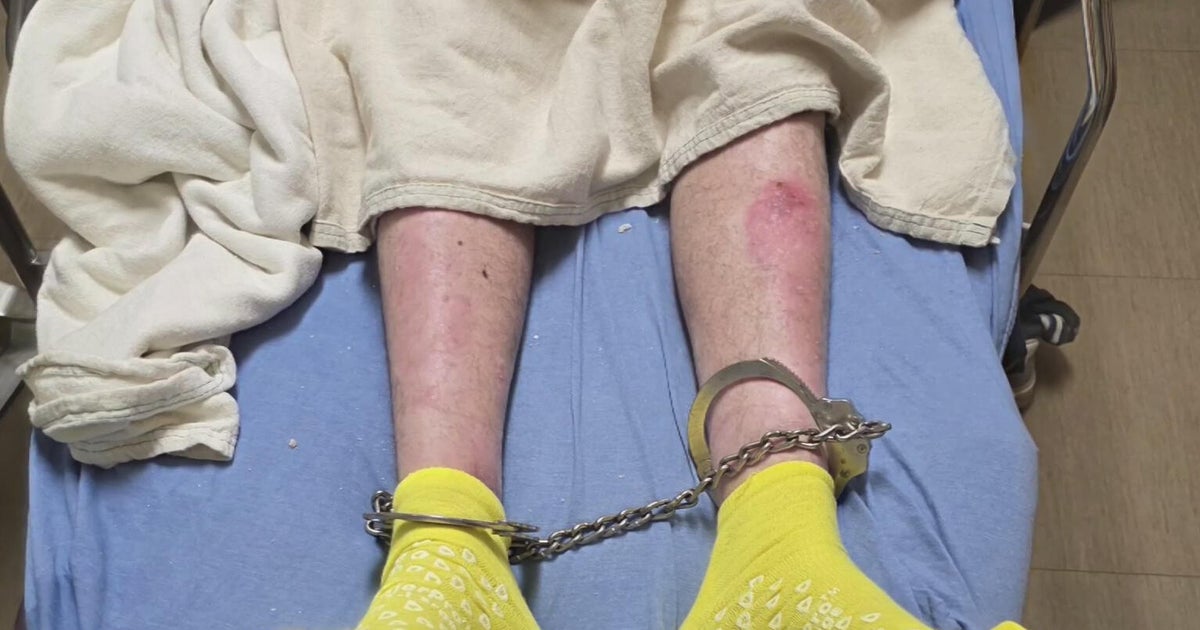Rare Coins 'Stolen Property' According To Philadelphia Jury
PHILADELPHIA (CBS) -- The fate of some of the world's most valuable coins was decided by a Philadelphia jury Thursday.
A Philadelphia woman, Joan Switt Langbord, says she found ten 1933 gold "double eagle" U.S. coins in 2003 in a safety deposit box that once belonged to her parents. Officials say she took the coins to the U.S. Treasury for authentication, but the Treasury kept them, claiming they had been stolen from the U.S. Mint in Philadelphia nearly eighty years ago.
"The government said they're authentic, and they're government property," said assistant U.S. Attorney Jacqueline Romero. "Stolen government property, more importantly."
Langbord sued to get the coins returned, but Thursday, a federal jury sided with the government, saying it was correct to seize the coins.
Ben Simmoneau reports...
About half of a million 1933 gold "double eagles" were minted by the Philadelphia Mint but were never issued. In March of that year, President Franklin Roosevelt barred most of the personal ownership of gold when he took office to stop people from hoarding it during the Great Depression.
"The official books of the mint show none of the 'double eagles' was lawfully released," Romero said. "Our position for the last 70 years has always been the coins were stolen back in the 1930s."
Romero said U.S. officials believe Langbord's father, Israel Switt – a merchant on jewelers' row whose shop his daughter still runs – helped steal the coins with a cashier at the mint. She said thirty-four of the 'double eagles' went missing in the thirties.
"All of the sudden, Israel Switt is selling 'double eagles'," Romero said. "The Secret Service concluded he helped steal them along with George McCann, who was the cashier at the mint at the time and was later arrested for sneaking coins out of the mint."
Only one 1933 "double eagle" was ever permitted to be sold at auction. It was purchased decades ago by Egypt's King Farouk who managed to get an export permit for it, Romero said. That coin went for $7.5 million in 2002.
After deliberating for about four hours, the jury decided the government was correct in seizing the coins. But the case is not completely over. Because the coins could be U.S. government property, the judge, Legrome Davis, must make a final determination about permanent ownership. That will likely happen later this year.
Langbord's attorney declined to comment.
Reported by Ben Simmoneau, CBS3







